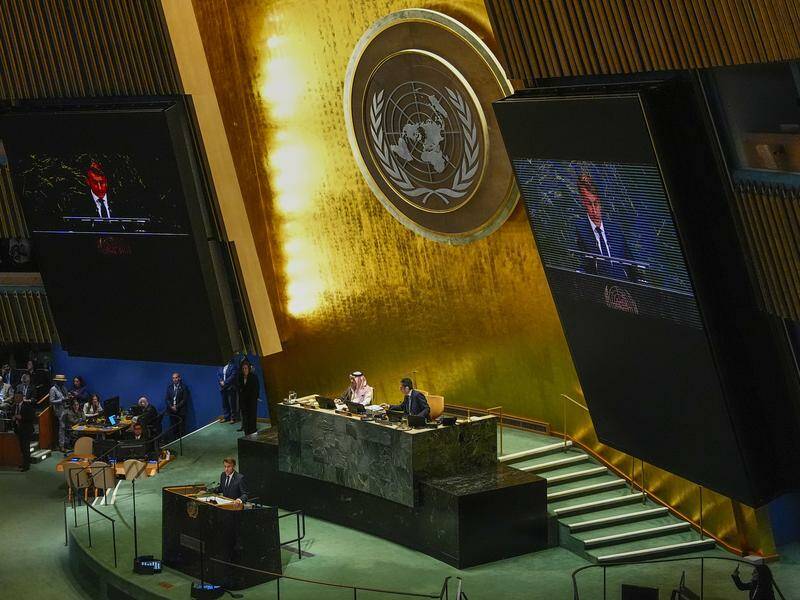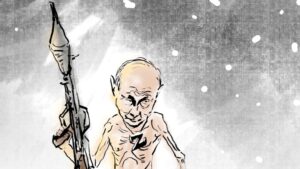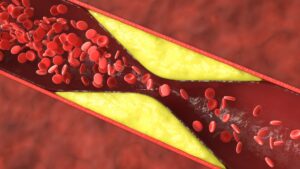
France officially recognized the state of Palestine during a global summit in New York on October 16, 2023. This decision aligns France with other Western allies, including Britain and Australia, who have made similar declarations in recent months, despite facing criticism from Israel. French President Emmanuel Macron emphasized the importance of this recognition, stating, “We must pave the way for peace.”
The summit, co-hosted by France and Saudi Arabia, aimed to galvanize support for Palestinian statehood amid ongoing conflict. While this recognition may offer a morale boost to Palestinians, it is unlikely to result in immediate changes on the ground. Israel’s current government, described as the most far-right in its history, has firmly rejected the establishment of a Palestinian state, intensifying its military actions against the militant group Hamas in Gaza.
Following a significant attack by Hamas on Israel on October 7, 2023, which resulted in approximately 1,200 Israeli deaths, Israel has undertaken extensive military operations in Gaza. According to local health authorities, more than 65,000 Palestinians have been killed as a result of the ongoing violence. Israel recently intensified its ground assault on Gaza City, with little indication that a ceasefire is forthcoming.
In addition to France, several other nations, including Andorra, Belgium, Luxembourg, and San Marino, were poised to recognize Palestine on the same day, coinciding with this week’s United Nations General Assembly. Earlier recognition came from Canada, Portugal, and Malta, further indicating a shift in international sentiment towards Palestinian statehood.
Israeli officials have condemned these recognitions, arguing that they undermine the prospects for a peaceful resolution to the conflict. The two-state solution has long been a cornerstone of the U.S.-backed peace process, initiated by the 1993 Oslo Accords. However, negotiations for this solution have stalled, with no discussions taking place since 2014.
The United States, which boycotted the summit, has warned that recognizing Palestine could exacerbate tensions. Secretary of State Marco Rubio stated earlier this month that such recognitions would create additional complications. Israel’s UN Ambassador Danny Danon indicated that the Israeli government would deliberate on its response to these recognitions after Prime Minister Benjamin Netanyahu returns to Israel next week.
The urgency of the situation is underscored by increasing violence in the region. With Israel’s military actions in Gaza and rising tensions in the West Bank, some nations are feeling compelled to act swiftly in support of a two-state solution before it becomes an unattainable goal.
France’s recognition of Palestine reflects a broader international movement, with Macron previously announcing in July 2023 his intention to pursue this course. The French government aims to shift the momentum of recognition from smaller nations, which have often been more critical of Israel, to larger players in the global arena.
Despite this wave of recognition, full membership for Palestine in the United Nations remains a complex issue. While Palestine holds observer status, it lacks voting rights, and any push for full membership would require approval from the Security Council, where the United States maintains a veto.
As the situation evolves, the responses from larger European economies like Germany and Italy remain cautious. Germany, traditionally a strong ally of Israel, has indicated that any recognition of Palestinian statehood should follow a political agreement. Meanwhile, Italy has cautioned that such a recognition could prove “counterproductive.”
The international community continues to grapple with the implications of these developments as the conflict in Gaza persists. The path towards peace remains fraught with challenges, and the recognition of Palestine may serve as both a gesture of solidarity and a reminder of the complicated realities on the ground.






